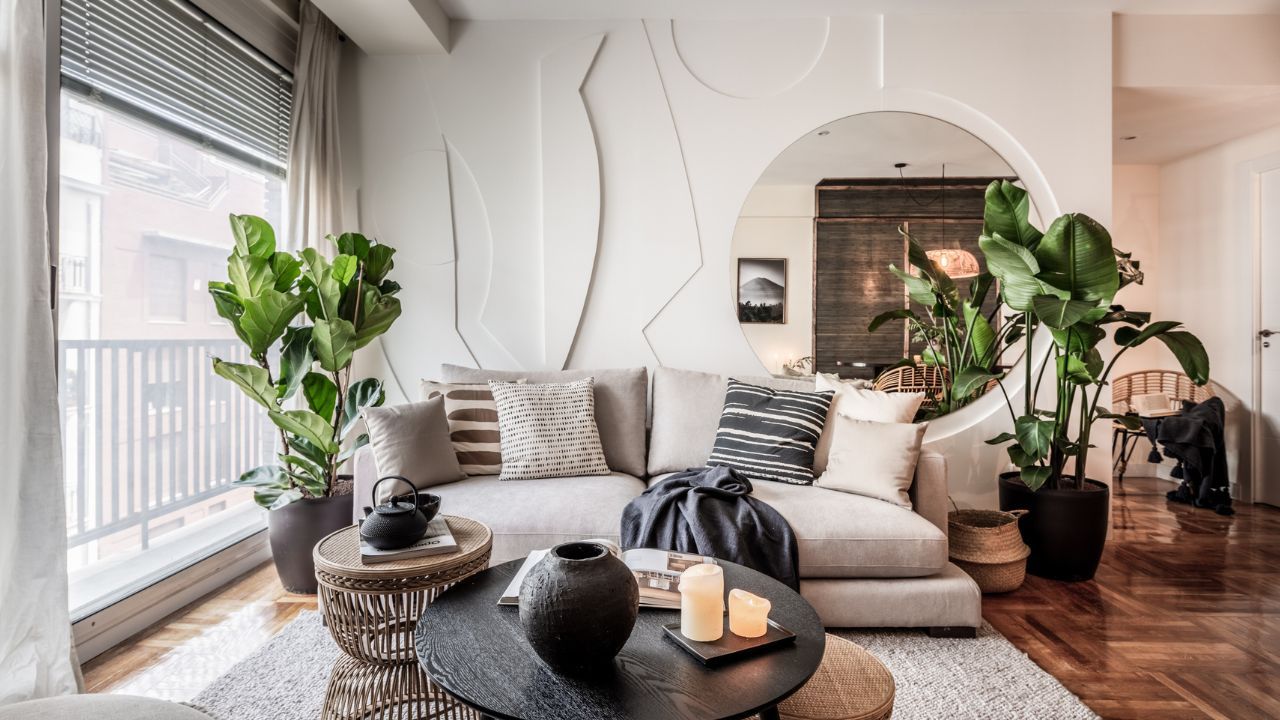Ukio, a Barcelona-based startup, yesterday raised €27 million in series A funds in an equity-debt combination that comprises €17 million in shares and €10 million in loans.
The company wants to shake up the European home rental market by delivering "flexible" properties to suit living habits of increasingly versatile workforces, due to trends like remote working and hybrid employers, and aims to bring its business model to additional cities in the west of Europe sometime next year.
Felix Capital, a London VC, led the series A round with participation by Kreos Capital, (whose historic portfolio also includes taxi booking app Gett and the premium German home decor and furnishing brand West Wing), as well as Heartcore and Breega.
Ukio claims to be on a bit of a roll this year. Its provided figures show a 7x sales revenue uptick for the business since January, driven by sharply higher occupancy at its 500-home portfolio (in Barcelona, Lisbon, Berlin and Madrid,) with occupancy rates at around 96% just now.
The properties themselves clearly cater to "modern workforce" preferences, offering up direct-through-web tenancies that run for as little as a month, and an already DIY-ed interior aesthetic which fuses slightly rustic furnishings and warm colour tones with plenty of access to sunlight and premium 24/7 lifestyle services, like remote work areas and swimming pools.
Ukio deploys designers local to each market that it operates in to come up with the interiors, and uses "eco-friendly" suppliers for the furnishings, while also making the claim that all of its properties run from renewable energy.
Data published by the World Economic Forum last May indicated the number of Europeans working from home had hit 12.3%, from 5% before the pandemic, as employers had to adapt to stay-at-home orders caused by COVID-19.
Stanley Fourteau, co-Ukio founder, is an Airbnb alum while his partner Jeremy Fourteau once worked for meditation app Headspace. Stanley says they founded Ukio "to be the go-to solution for a new generation of flexible workers."
"The rise in remote work is unshackling people from their desks, enabling them to experience more of the world, and they are using this opportunity to live and work wherever they want," he said.
"Yet, the residential real estate market has stayed stuck in the past and is in no way conducive to the needs of tomorrow’s generation."
Ireland and Luxembourg, two favourites for tech firms seeking to anchor cross-EU operations, were both said to have home working workforces of above 20%, though Twitter's recent decision to end home working at its Irish offices (in a context of macroeconomic recession) is seen as kickstarting a reversal of the WFH trend by some tech observers.
Whatever your view on home working's role in the modern workforce, the chances are there will be more flexible workers (through hybrid if not pure play home working) than in previous decades, which means the liveability of home properties becomes far more important. Data figures supplied by Ukio indicate that liveable apartments for modern workers will represent a $30 billion in Europe alone.
Telecommuting aside, Ukio also aims to offer stronger competition to "out-of-touch" real estate providers who struggle to satisfy entrepreneurs, multinational professionals and remote workers who may be in a city for six months or less.
With the series A funding, the startup is stepping up its expansion programme with several European locations in its property rental pipeline for the new year, including Paris, Dublin, Milan and London, and a hiring drive focused on growing its tech, property service and "on-the-ground" teams.



Would you like to write the first comment?
Login to post comments